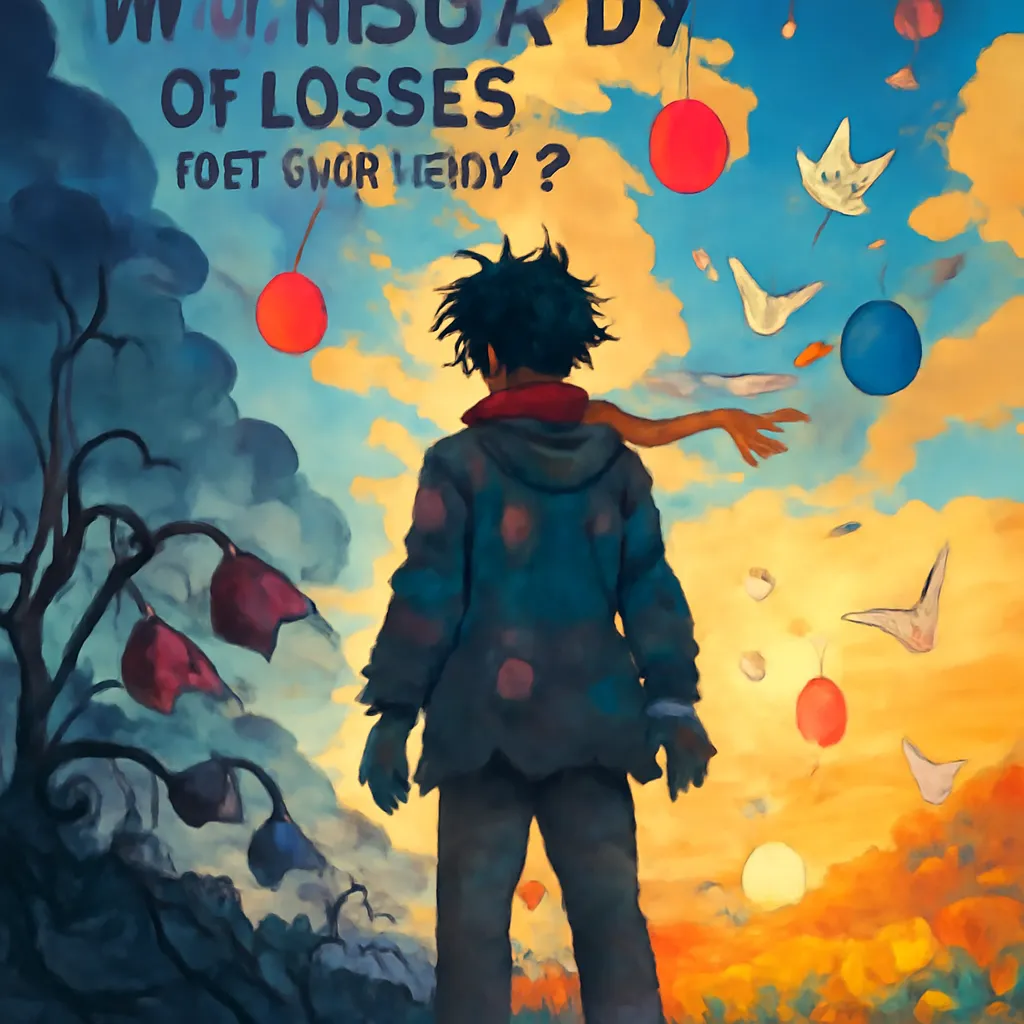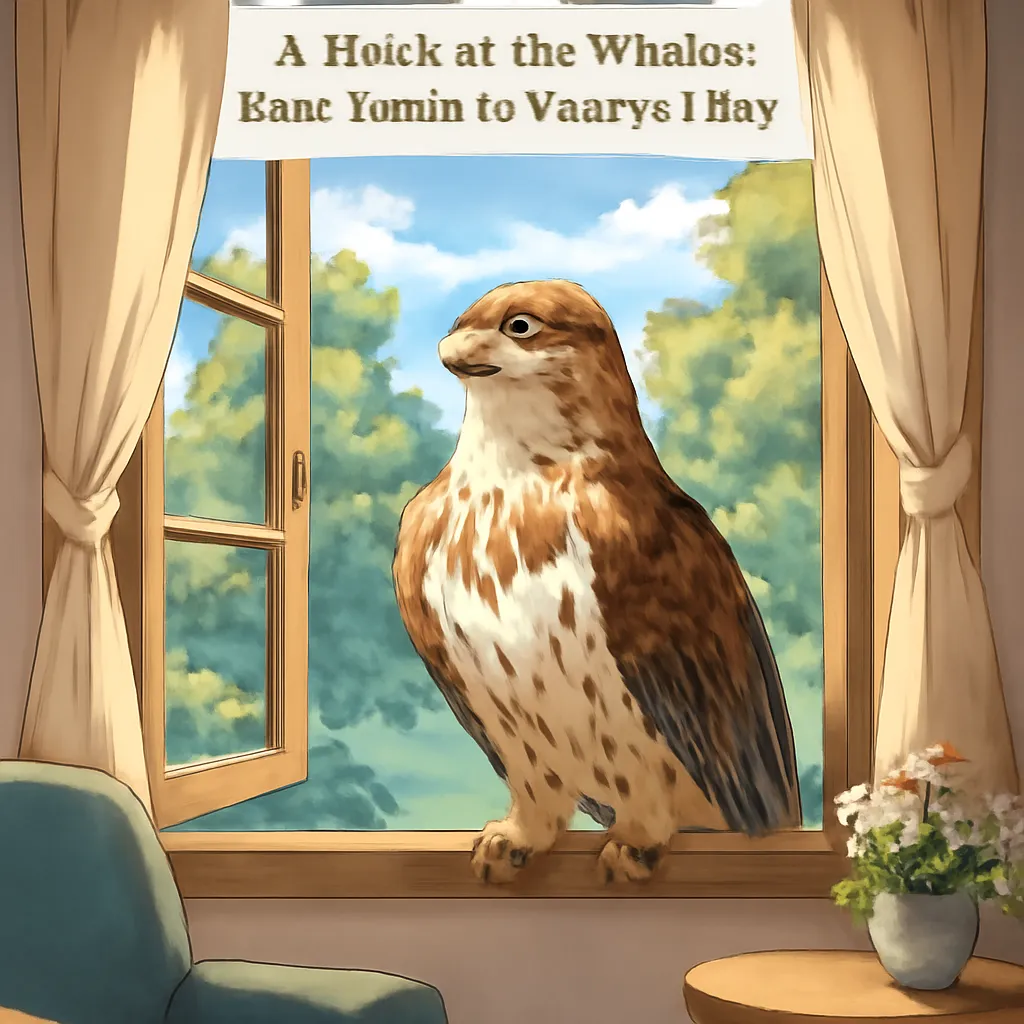Let me share something nobody taught me—I learned it in a cramped prison cell, far from anything you'd call 'free.' Forget textbooks or big speeches; for me, freedom became real when it slipped from my grasp. Oddly enough, it was through a crack in a cell window and the sharp cry of a distant bird that I finally understood the word everyone talks about but few truly experience. Growing up in Venezuela, discussions on rights and democracy felt like background static. It took solitary confinement and the absence of everything normal for the concept to hit home—freedom is never just about one thing.
When Freedom Is a List of Losses (And Surprises)
Every day during my months in solitary confinement—a cell just two by two meters—I found myself reflecting on the meaning of freedom. Before prison, I rarely questioned what freedom or democracy truly meant. I assumed they were just the background of my life in Venezuela, something always there, like the air I breathed. But it was in that small, concrete box, cut off from the world, that I learned the real definition of freedom. It is not a single thing, but a collection of possibilities. As I sat alone, I realized: Freedom is about the possibility of doing many things.
Freedom: More Than Just Movement
Most people, myself included, tend to think of freedom as the ability to move where we want. But in prison, I learned that freedom is more than movement. It is the freedom to speak, to assemble, to pray, to own things, and even to think without fear. Each of these freedoms is a thread in the fabric of democracy. When the Venezuelan government took away democracy, they also took away these freedoms, one by one.
- Freedom of expression: The right to speak your mind, to criticize, to share ideas.
- Freedom of assembly: The ability to gather with others, to protest, to celebrate.
- Freedom of worship: The choice to pray, or not, in your own way.
- Freedom of ownership: The right to own property, to keep your possessions safe.
In solitary, I lost all of these at once. The silence was not just physical—it was political, spiritual, and personal. I could not speak to anyone, not even myself without fear. I could not gather, not even with my own thoughts, because I knew they could be used against me. I could not pray out loud. I could not keep even a book or a letter. Each loss made me understand how deeply freedom and democracy are linked.
Prison Reflection: The Value of What’s Gone
Every day, I would remember the simple acts I once took for granted. Before prison, I could wander my neighborhood, greet my neighbors, or speak out against injustice. In solitary, even thinking freely became an act of rebellion. I realized that freedom is understood most deeply in its absence. When each element was stripped away, I saw how precious and fragile they were.
Freedom is about the possibility of doing many things.
I started to make a list in my mind—a list of losses. But with each loss, there was also a surprise. I found new ways to resist, even in silence. I learned to pray with my heart when I could not use my voice. I learned to assemble in memory, recalling faces and voices of those I loved. I learned that ownership could mean holding onto hope, even when everything else was taken.
Democracy in Venezuela: A Broken Link
My experience in solitary was shaped by the oppression in Venezuela. The government’s attack on democracy was not just about politics; it was about daily life. When democracy disappears, so do the freedoms that make life worth living. In my cell, I saw that democracy and liberty can't be pried apart. Without democracy, freedom becomes a list of losses.
- Loss of voice
- Loss of community
- Loss of faith
- Loss of property
- Loss of self
But there were surprises, too. Even in the darkest moments, I found small freedoms—ways to think, to remember, to hope. These surprises taught me that the meaning of freedom is not fixed. It changes with each loss, and with each act of resistance, no matter how small.

A Hawk at the Window: Hope Peeks In Unexpectedly
In the depths of my solitary confinement story, it was not the walls or the silence that shaped my days, but a battered hawk that appeared outside my window. Through a narrow crack in the glass, I could see a tree just beyond the prison yard. In that tree, the hawk perched—wounded, yet present. For hours, sometimes entire afternoons, I would watch the hawk. Its struggle to survive mirrored my own, and in its presence, I found an unlikely companion and a symbol of resilience in adversity.
Nature as Solace: A Crack in the Wall, a Glimpse of Life
Isolation in a cell can make the world feel impossibly small. Yet, through that slim aperture, I was reminded that life continued beyond my confinement. The hawk was not just a bird; it was a living, breathing reminder of the world outside. I often imagined the hawk as a messenger from another realm, a wild card sent to break the monotony of my days. This act of imagination became a survival tool, helping me overcome isolation and maintain a sense of connection to something greater than myself.
Interdependence in Unexpected Places
One day, a guard who often heard me talk about the hawk told me something that changed my perspective: the hawk was injured, caught on barbed wire. The news struck me deeply. I realized then how closely my fate felt tied to this creature. We were both trapped, both struggling to heal in a place that offered little comfort. The hawk’s resilience became a lesson for me—a personal story of hope that even in the harshest circumstances, survival is possible.
It reassured me that it doesn't matter how low you are, how low percentage possibilities you have to succeed, there is always possibility to do so.
The Guard’s Unexpected Mercy
Driven by a mix of concern and curiosity, I asked the guard to bring the hawk to me. To my surprise, he agreed. Perhaps he thought the bird would die soon, or maybe he saw how much it meant to me. Whatever his reason, the moment shattered my cynicism. For a brief time, the boundaries between captive and captor, human and animal, softened. The guard’s act was a reminder that small gestures of mercy can break through even the hardest shells of distrust and despair.
When the hawk was brought to my cell, our silent exchange became a powerful anchor. I cared for it as best I could, sharing my limited space and my own struggle with this fellow survivor. For months, the hawk and I existed side by side—each day a testament to resilience in adversity. The bird’s presence helped me overcome isolation, giving me a sense of purpose and a reason to look forward to each morning.
Imagination and Survival
During those long days, I sometimes pretended the hawk was a messenger from the outside world. In my mind, it carried news of hope, freedom, and the possibility of change. This act of imagination was not just a distraction; it was a lifeline. It allowed me to see beyond the concrete and steel, to believe that something better was possible. The hawk became both ally and fellow captive, its fate resonating with my own in ways I could not have predicted.
The Return: A Lesson in Endurance
After a couple of months, the guards came to my cell, threw a blanket over the hawk, and took it away. I felt the loss deeply, but less than a day later, I saw the hawk back in the same tree. Its return was a powerful message: no matter how low you fall, or how slim your chances seem, there is always a possibility to rise again. The hawk’s endurance became my own, and through that cracked window, hope peeked in—unexpectedly, but just when I needed it most.

Standing Up, Speaking Out: What Prison Taught Me About Action
Solitary confinement is a place where time stretches and hope is tested. In those long, silent hours, I learned that freedom is not something that arrives on its own. It is not a gift handed down, but a collective project—one that demands our active engagement. My personal story of hope is not just about surviving the darkness of a cell, but about discovering the power to rise above challenges and join the ongoing human rights struggle.
One day, through the cracked window of my cell, I watched a hawk land on the razor wire. It was a rare sight, a flash of wildness in a place built to contain and control. The hawk was battered, its feathers ruffled by the wind, yet it stood tall, scanning the horizon. I realized then that even in the harshest environment, life finds a way to persevere. That hawk became my totem, a living lesson that rising above is a choice—one we must make daily, no matter how dire the odds.
This image stayed with me long after my release. The hawk’s resilience reminded me that we all have the capacity to stand up and speak out, even when the world seems determined to keep us down. In prison, I learned that waiting for freedom is not enough. We must defend it, nurture it, and protect it—not just for ourselves, but for those who come after us. Freedom must be actively defended—not passively awaited.
During those months in solitary, I reflected on what it means to be responsible for the future. I thought about my children, and about the next twenty-five years. What kind of world would they inherit if I—and others like me—remained silent? The answer was clear: silence is not an option. If we want a world where human rights, democracy, and dignity are real, we must act now. We must become guardians of freedom, for ourselves and for generations to come.
Personal reminders can become powerful catalysts for social responsibility. I still carry a feather from that hawk, a simple token that keeps me grounded in my purpose. If I could, I’d send every young leader a feather—let it remind them that the world’s future is not yet locked away. Each of us has the power to shape what comes next. The struggle for human rights is not just a story from the past; it is a living, breathing challenge that calls us to action every day.
Through my personal story of hope, I have learned that the fight for freedom is never finished. It is a daily commitment, a promise to stand up and speak out, even when the odds are against us. My time in solitary taught me that courage is not the absence of fear, but the willingness to act in spite of it. We may feel small or powerless at times, but together, our voices can move mountains.
So, I ask you: What will you do with your freedom? Will you wait for change, or will you be part of it? The next twenty-five years matter. Our children are watching, and they deserve a world where rights and dignity are not just words, but realities. As I reflect on my journey, I am reminded of the urgency of this moment.
This is our time. Think of twenty five years, and let's give our children a free world with human rights, democracy, and respect for all.
Let us not leave the future to chance. Let us rise, together, and become the guardians of freedom our world so desperately needs. The cracked window of my cell showed me that hope can survive even in the darkest places. Now, it is our turn to stand up, speak out, and shape a future worthy of those who will come after us.




